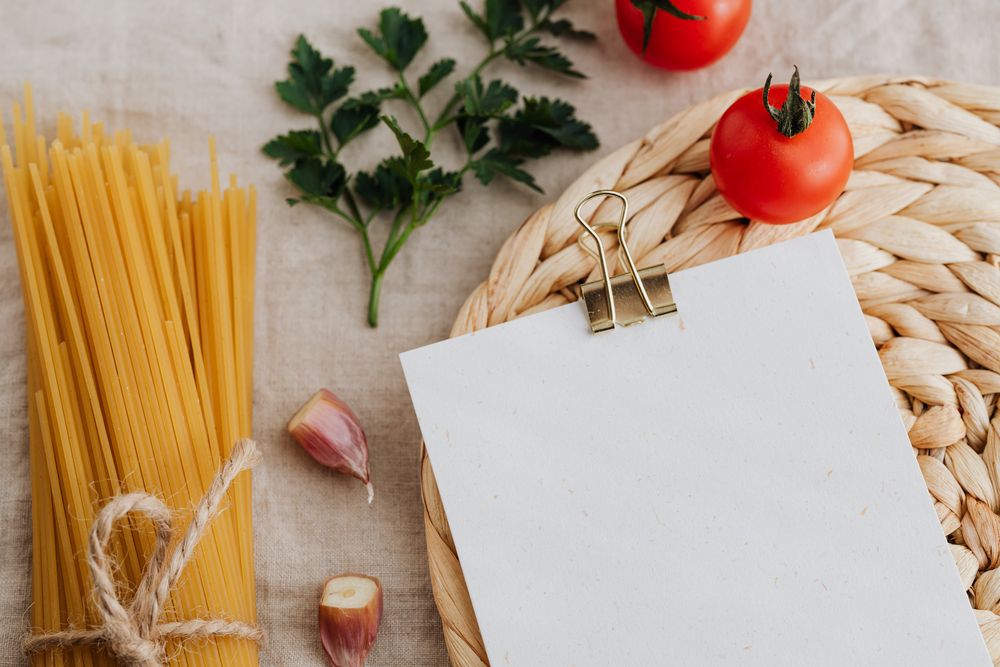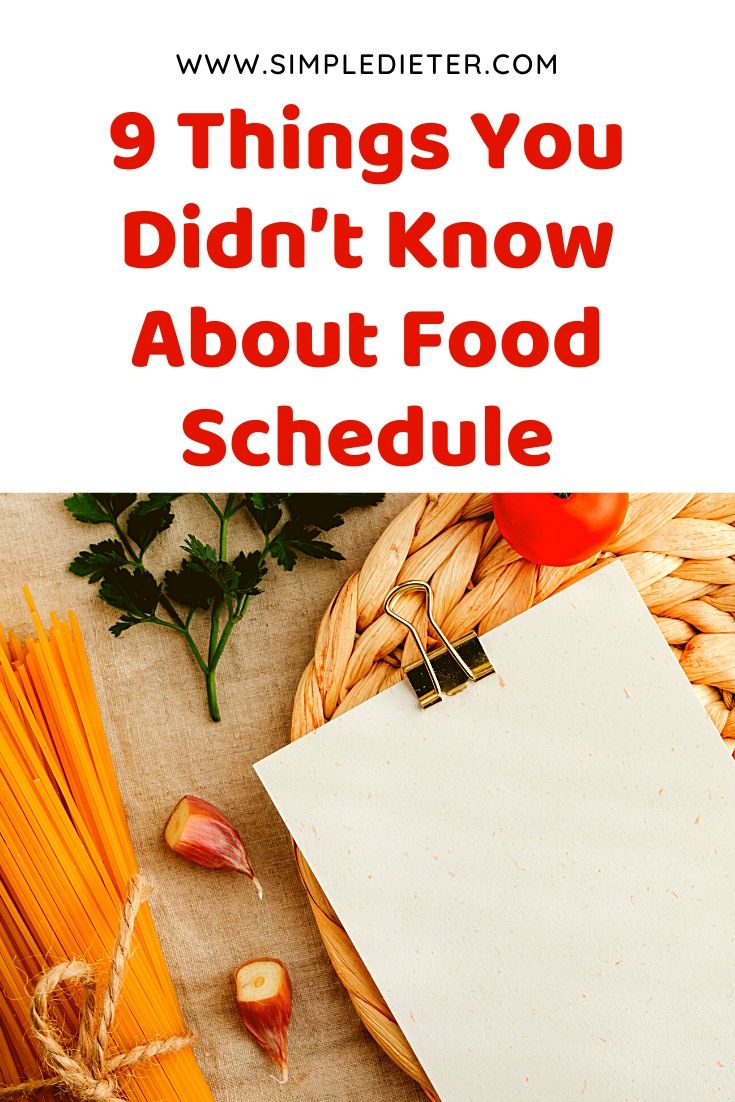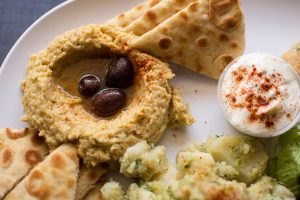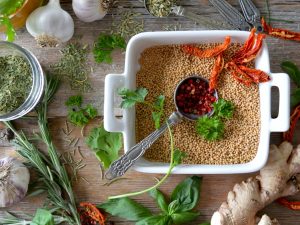
Photo by Karolina Grabowska from Pexels
Choosing a proper diet plan and sticking to it can be hard, especially if you’re not really familiar with the process. However, we’re here to help you push through. Here are 9 things You should know about a healthy food schedule.
1. Start your day strong
We’ve all heard that saying that breakfast is the most important meal of the day, and it is completely true. No matter how healthy your meal plan is, and how much you’re focused on losing weight, if you don’t get a good meal in the morning, there is no way that you’ll be able to stick to your plan for the rest of the day. In the best case, you might power through one or two days, but nonetheless, you’re setting yourself up for failure. So do what your common sense tells you. Get full in the morning, you’ll have all day to burn those calories, but make sure you don’t go overboard, so those calories don’t turn into fat.
2. Choose your level of commitment
This is one of the most important things you have to do when dieting. You have to know yourself psychologically. It makes no sense to devise a rigorous diet plan if you won’t be able to stick to it. If you make yourself suffer, your diet plan is doomed from the very beginning. Here is one crucial thing people don’t seem to understand. Dieting is not the key to losing weight, you have to be able to change your eating habits for good. You have to create a diet plan which you’ll be able to slowly implement into your lifestyle. Otherwise, you’ll get the same results as most people. You’ll stick to a diet, lose some weight, go back to the old habits, and gain that weight all over again.
3. Don’t break schedule with junk food
Let’s be realistic now. It is really hard to stick to your diet plan without occasionally breaking it. The main reason is the fact that most of us have busy lives. We work, hang out with our friends, go out, go to restaurants, have an occasional drink, etc. Now, life wouldn’t be fun without all that, but this kind of lifestyle also makes it hard to stick to a certain diet. Keep in mind that it is acceptable to occasionally eat something that’s not in your diet plan. However, you can’t let one act ruin all the results of your hard work. Always pick the healthiest thing available at the moment. Don’t let the deliciousness of junk food seduce you to abandon your healthy ways. Instead, pick the healthier option.
4. Have a balanced and moderate lunch
Now, when we say this, we’re following the same philosophy of a strong breakfast. However, keep in mind that now you don’t have all day to burn those calories so you have to eat accordingly. Good healthy lunch should never be abundant in carbohydrates and fat. While carbs are ok in moderation, the main focus should be on protein and fiber. A good example for this would be a piece of fish, turkey, lean beef or even pork tenderloin (which is high in nutrients and low in fat), an abundance of leafy greens, and other vegetables that have a moderate amount of carbs. Balance is the key here, weak lunch won’t get you through the day, especially if you exercise.
5. Make sure you pick top-quality ingredients
Nowadays there is an abundance of everything, however, there is one huge downfall to it all. Most of the “healthy” foods you can find in your nearby supermarket are farm-raised, over-processed, or simply unhealthy. Did you know that wild salmon is known as one of the healthiest and most beneficial foods, while farm-raised salmon might actually do more harm than good? The same goes for soybeans and other soy products. Natural soy has numerous benefits while soy we can buy at the supermarket might actually be bad for us, and it is known to disrupt normal hormone functions. Point is, buy natural and organic whenever you get a chance. Go to the farmers market, and buy locally, you’ll definitely benefit more.
6. Implement exercise gradually
What if someone told you that you could eat pretty much everything you want as long as you exercise? It is actually true. Muscles burn an insane amount of calories in weightlifting exercises, or while exercising with your own body weight. Now, this doesn’t mean that you have to become a professional weightlifter, all you have to do is simply start exercising with your own body weight. Begin with sit-ups, push-ups, pull-ups, etc. These kinds of exercises will do wonders for your body and mind, they will help you burn a good amount of calories, and help you build muscle. The best thing about it all is that when you build some muscles your body will burn more calories on day to day basis.
7. Experiment with food
One of the main reasons people stop dieting abruptly is because they get bored with the same meals they push themselves to eat every day. You have to learn to keep things interesting. Thanks to the internet you can pretty much explore all the cuisines in the world and find the best and healthiest options for you. For example, you can explore Mediterranean cuisine, which is among the most delicious and healthiest in the world. Did you know that people that eat the Mediterranean diet lower their risk for heart disease and cancer? They also have lower cholesterol and have a lower chance of developing Parkinson’s and Alzheimer’s diseases. Mediterranean diet is incredibly delicious, and it consists primarily of plant-based foods, healthy meats, and herbs and spices.
8. Finish your day lightly
As you might already know, people that overeat at dinner have a greater chance of gaining weight. But that is not all. Overeating at dinner is also bad for your digestion and it disrupts your sleep. Early light dinner can do wonders for you. Since there is no need for high-calorie intake, the best thing is to stick to soups, salads, and fruit. Light dinner will leave you feeling good and energized for the next day because your body doesn’t have to digest massive amounts of food. Since the need for calories is minimal, your body will store less fat. Other benefits to this habit are ideal blood sugar lever, and no gastrointestinal issues like bloating and heartburn.
9. Count calories but only at the beginning
Counting calories can actually do more harm than good. While it is good to count calories at the beginning of your diet plan, just to get a general idea of where you at, it can also become confusing and overwhelming later on. However, there are some benefits. If you keep a food log it is easier to stick to the goal, and it is easier to address other issues like high cholesterol. But, believe it or not, it is not all about calories, it’s about health. You should definitely pay more attention to the food calories come from that the calories themselves. In the end, you don’t want to be counting calories constantly, but it is a good way to get on the right track.




